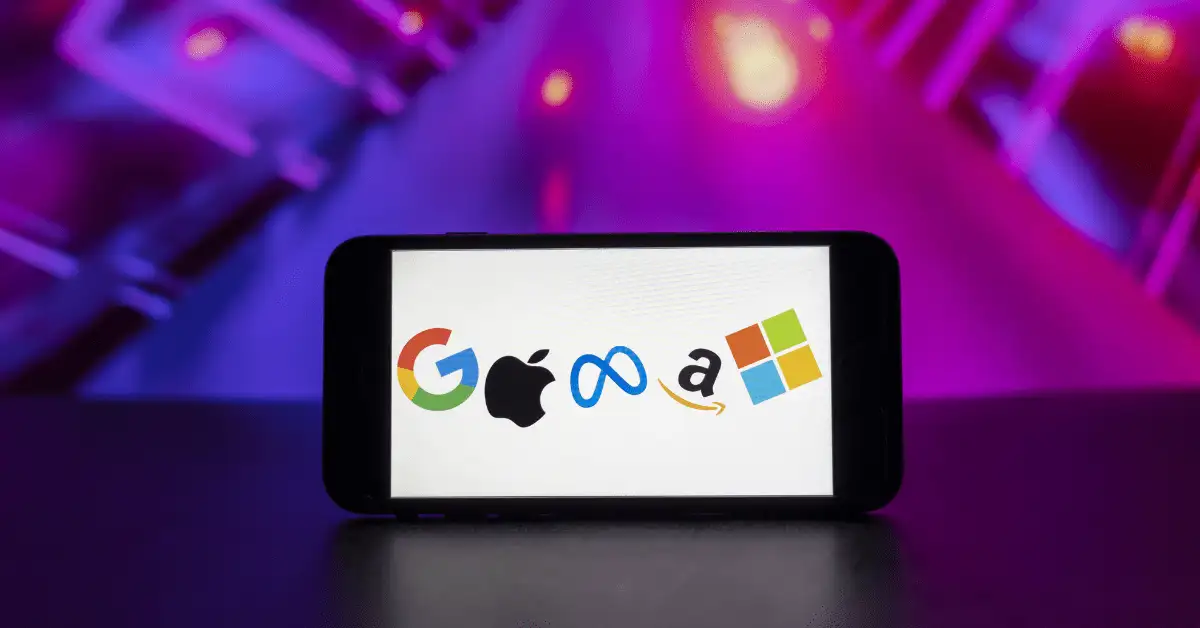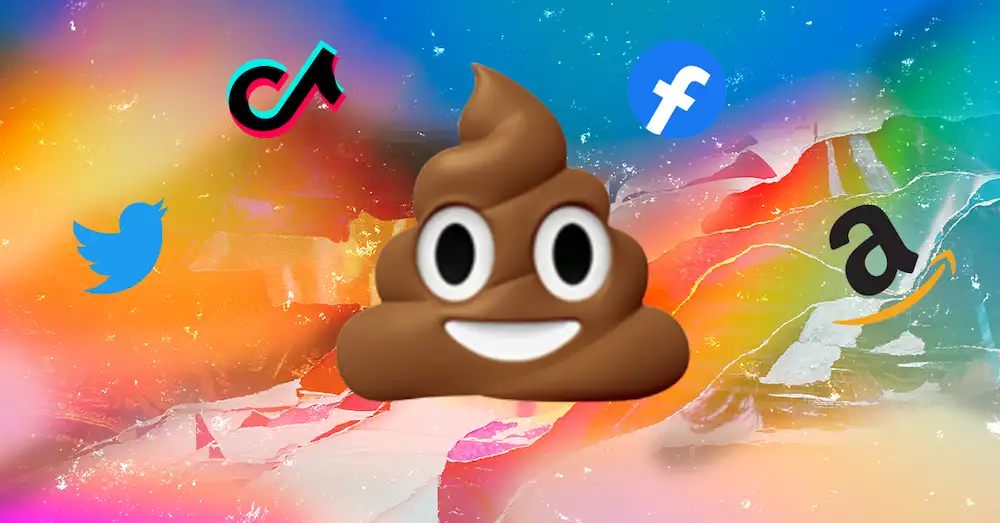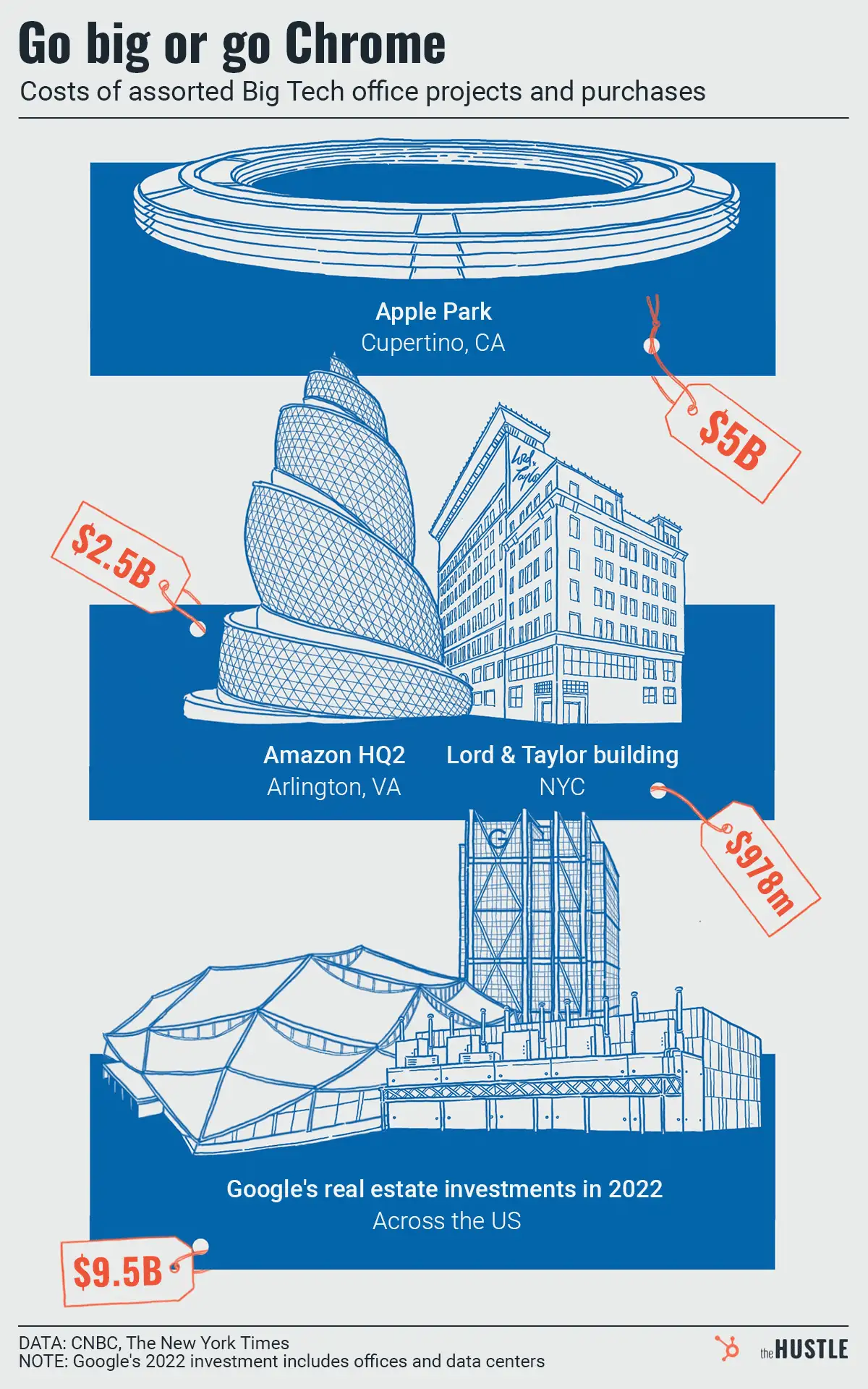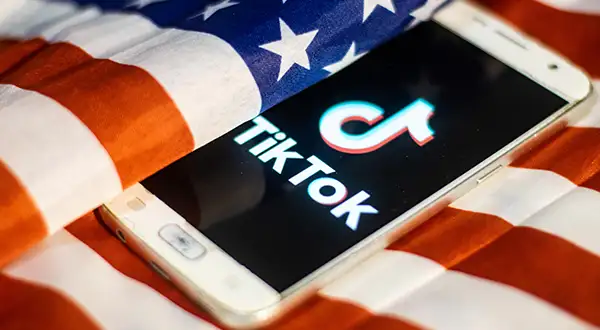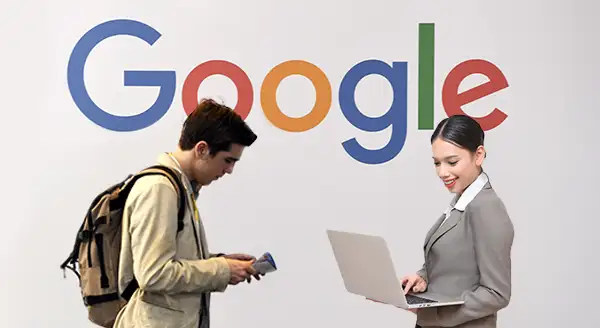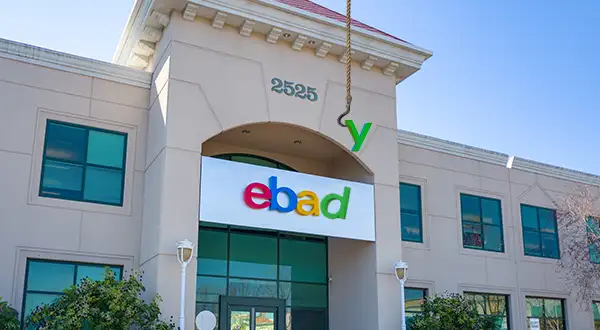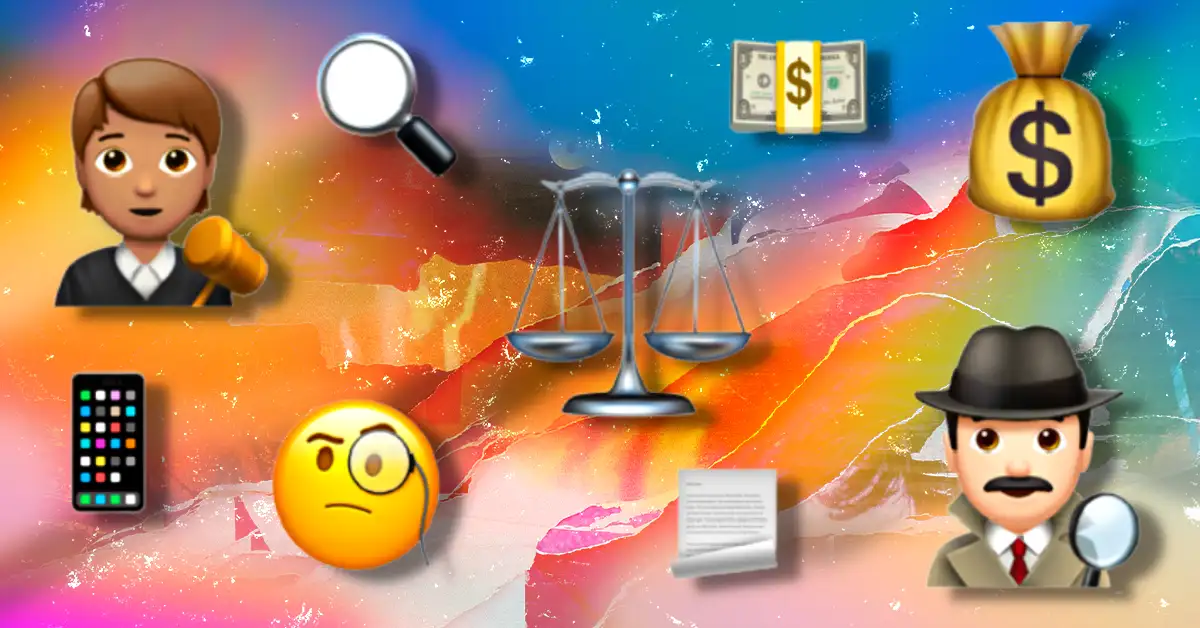In the 1970s, there was a famous battle between competing technology standards for video cassette tapes: Betamax vs. Video Home System (VHS).
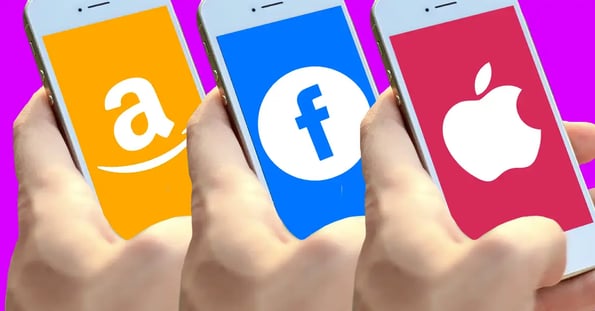
By the end of the decade, VHS won out as the industry standard for Hollywood. A similar standard is taking hold for smart-home technology, and it’s called Matter.
Here are notable details, per The Wall Street Journal:
How smart-home tech works
If you own an Amazon Echo or Google Home speaker, these devices communicate via the cloud to activate things around the home (blinds, lights) or answer questions (“OK Google, what’s the best daily business and tech newsletter?”)
Conversely, Apple’s HomeKit is a more self-contained system that just operates within your home. The Matter standard will create a similar self-contained system but for all smart-home devices.
Why is Big Tech cooperating?
Amazon, Apple, Google, and 220 more companies will support Matter moving forward. WSJ notes that “more than 5.5B Matter-compliant smart-home devices” will ship by 2030. Why cooperate?
- It makes the market bigger: Consumers don’t have to worry if one device works with another.
- It’s developer-friendly: Creators can send product updates just once instead of making changes specific to Apple, Amazon, and Google.
- It’s consumer-friendly: A consistent standard means better security and longer shelf life.
How will it work?
When Matter officially launches midyear, supported smart-home products will include door locks, motion sensors, thermostats, lights, and smart TVs (not yet supported: security cameras, robot vacuums, and appliances).
And adding a new product is as simple as scanning a QR code.
Alexa, Siri, and the Google lady won’t be completely separated from the cloud. Each company has premium features for their own products. But for now, you can rest easy knowing generic smart lightbulbs will work with all of them.


